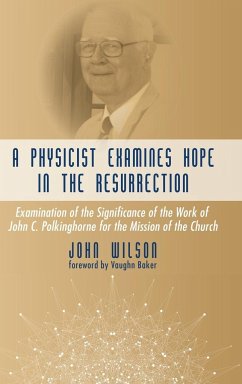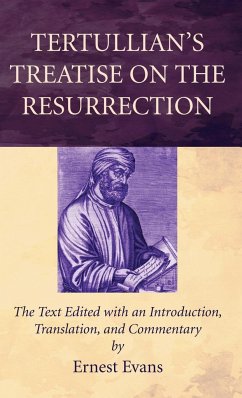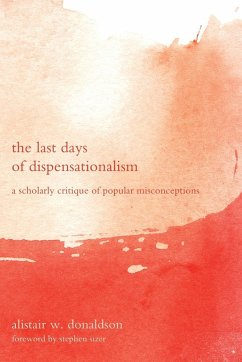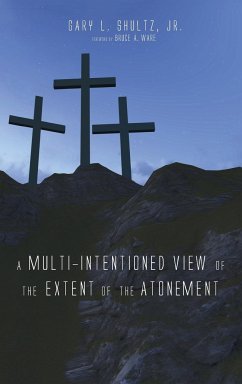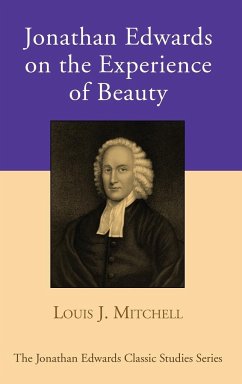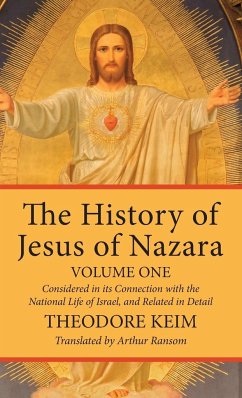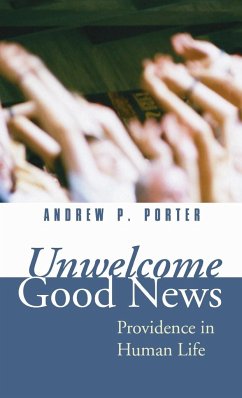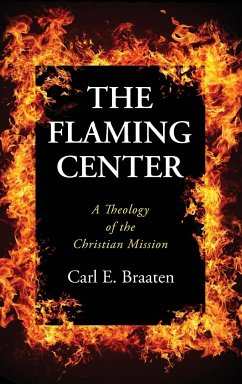John Polkinghorne, ordained member of the Royal Society, past President of Queen's College Cambridge, Knight Commander of the Order of the British Empire, 2002 Templeton Prize winner, theoretical physicist, and theologian writes in breathless style to unfold core Christian doctrine in dialogue with science. His work deftly addresses how one would interpret and commend Christian faith in the contemporary world as he elucidates the key topics in the dialogue of religion with science. Polkinghorne's work addresses the hope Christians have--present and future--in the faithfulness of a loving God who stands alongside them today and for all eternity. Eschatological hope enables and empowers Christian life and emerges in God's resurrection of Jesus from the horrific crucifixion. Polkinghorne ably supports his thesis with a strong argument for the resurrection built on the kenotic acts of God. His thesis sees Christian eschatology as the advent of hope--the heart of faith. In Christian eschatology, as argued by Polkinhorne and supported in the work of Jurgen Moltmann and Nicholas T. Wright, Christ's presence is not some far off event, but present reality.
Hinweis: Dieser Artikel kann nur an eine deutsche Lieferadresse ausgeliefert werden.
Hinweis: Dieser Artikel kann nur an eine deutsche Lieferadresse ausgeliefert werden.

